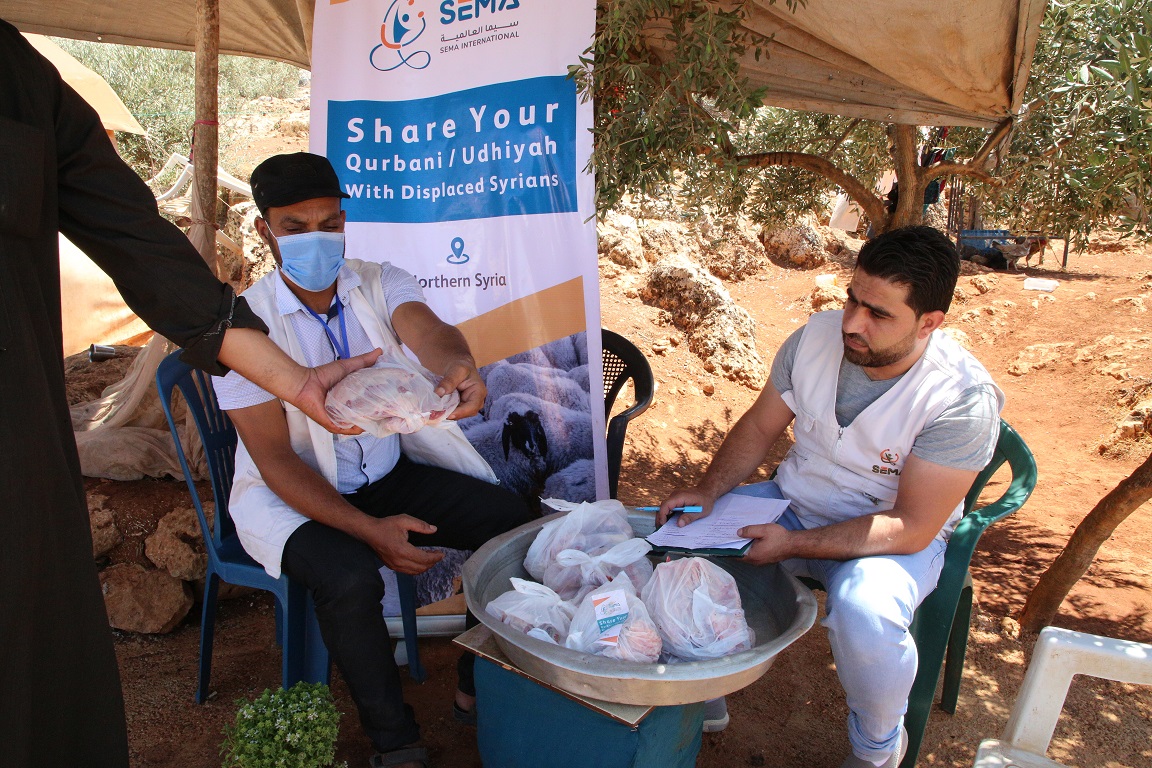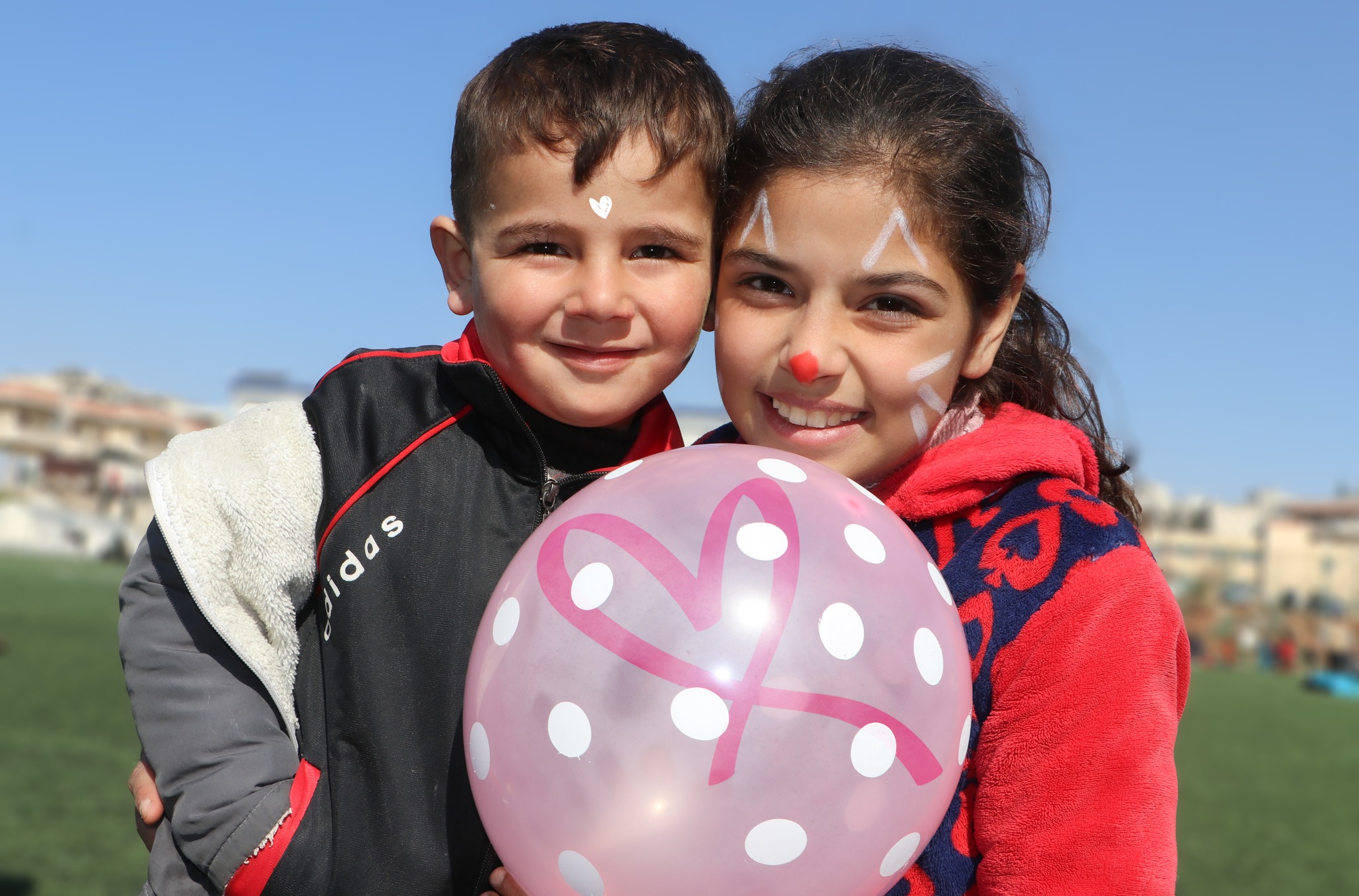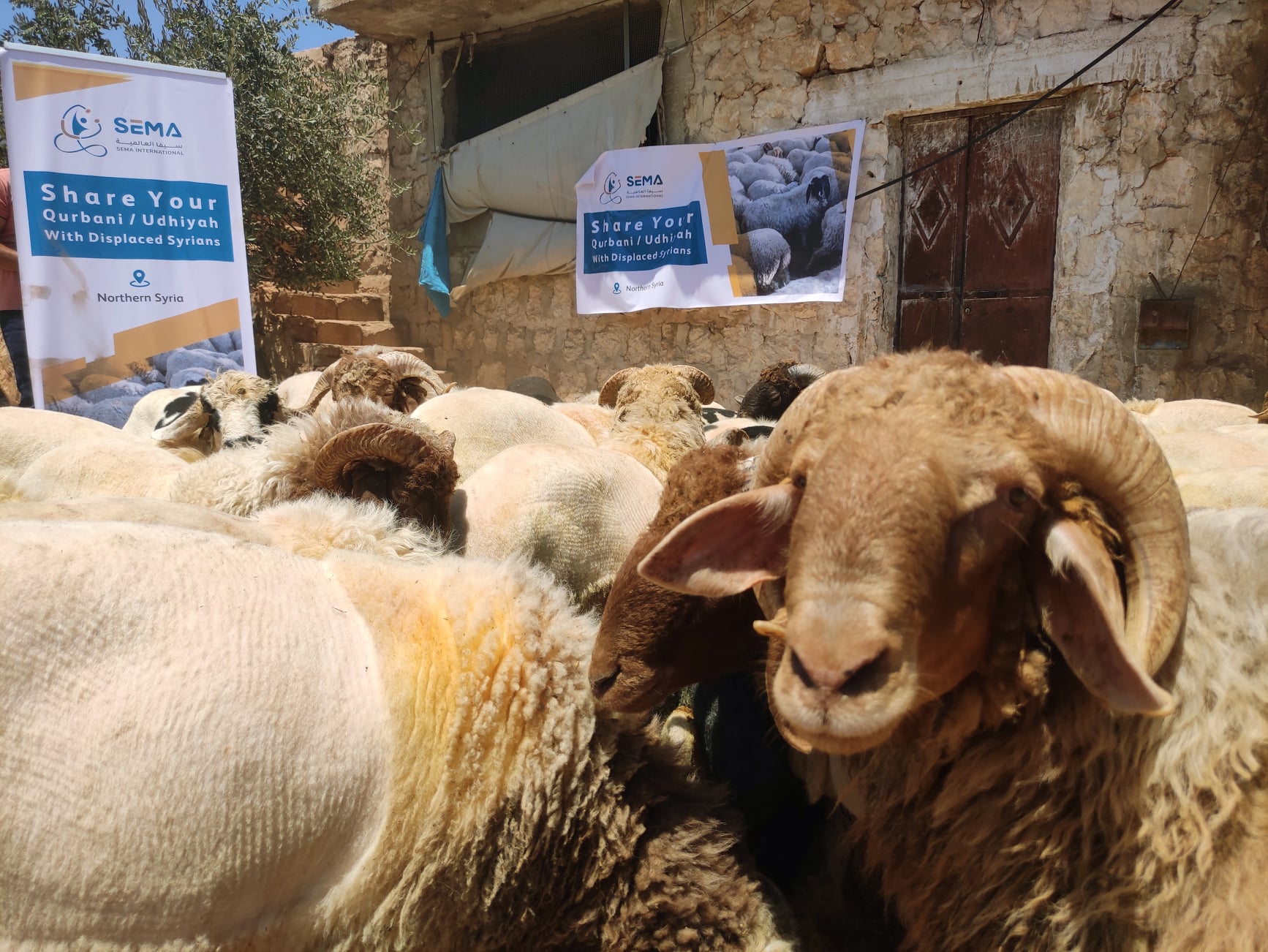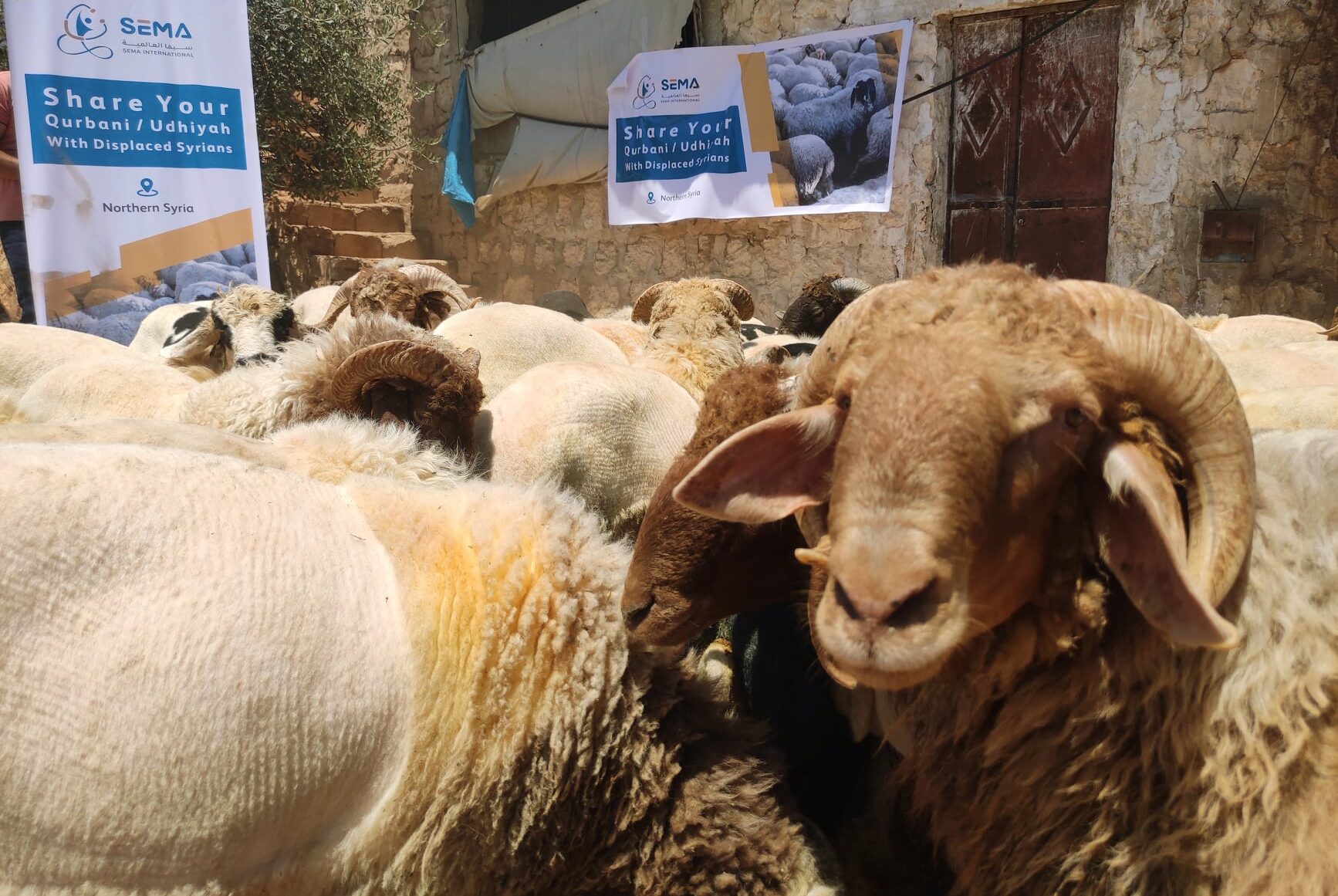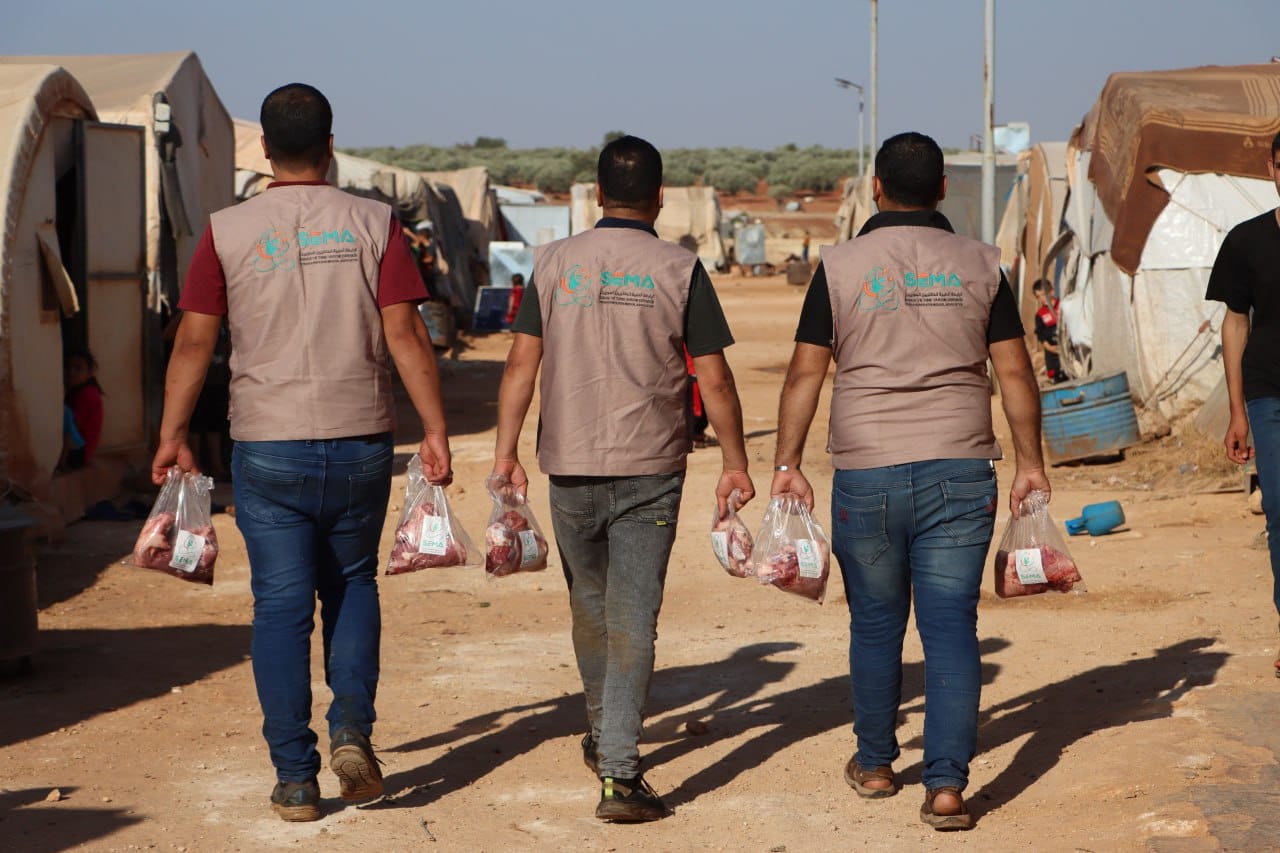Qurbani, or Udhiya, is a significant religious obligation for Muslims worldwide.
It involves an animal’s ritual sacrifice during the Eid al-Adha festival. To ensure that Qurbani is appropriately performed, it is crucial to understand the rules and regulations and the necessary preparations.
This guide will provide a comprehensive overview of adequately preparing for and performing Qurbani.
The rules and regulations of Qurbani
Before performing Qurbani, it is essential to understand the rules and regulations surrounding the practice.
Who is obligated to perform Qurbani?
Qurbani is obligatory for all adult Muslims who meet specific criteria, such as
- Reached puberty
- Non-traveling persons
- Own wealth beyond their needs, and it must equal (or be greater than) the current Nisab level, which is 87.48 grams of gold.
Which animals are allowed for Qurbani?
The animals that can be sacrificed for Qurbani include cows, goats, sheep, and camels, and those animals must be of a certain age and free from defects or illnesses.
The number of animals required for Qurbani may vary depending on the number of people in the household and their financial situation.
For example:
- 1 sheep or goat = 1 Qurbani.
- 1 cow = 7 Qurbanis (1 Qurbani = 1/7th of the share).
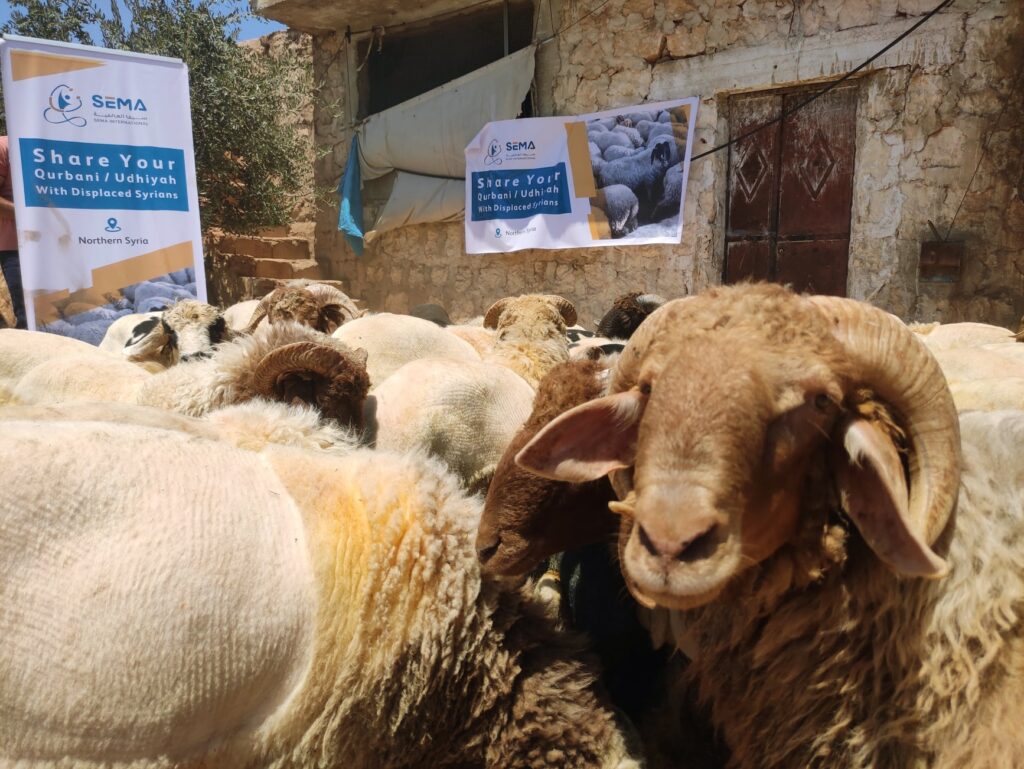
What are the conditions for selecting and sacrificing the animal?
Before selecting an animal for Qurbani, it is essential to ensure that it meets the necessary conditions:
- The animal must be of a certain age
Sheep must be 6 months, goats must be at least 1 year old, cows at least 2 years old, and camels at least 5 years old.
It is not acceptable to offer anything younger than this age in the case of camels, cows, and goats or anything younger than 6 months in the case of sheep.
- The animal must be in good health
It should not have any visible defects or illnesses that would render it unsuitable for sacrifice.
- The animal must be well-cared for
It should be provided with proper food and water leading up to the sacrifice. It should also be kept clean and comfortable without stress or harm.
The sacrifice must be carried out specifically, with a sharp knife quickly and precisely drawn across the throat, cutting the carotid artery, jugular vein, and windpipe while the animal faces the Qiblah and the name of Allah is pronounced.
Ensuring that the sacrifice is performed according to Islamic principles is crucial.
Preparing for Qurbani
Preparing for Qurbani involves several steps to ensure the animal is healthy and fit for sacrifice. Here are some key points to remember:
- Select a reputable vendor:
If you are purchasing an animal for Qurbani, select a reputable vendor who can provide you with a healthy animal that meets the necessary criteria.
- Inspect the animal:
Before purchasing the animal, inspect it for any signs of illness or injury. The animal should be alert, active, and have clear eyes and nostrils.
- Provide proper food and water:
The animal should receive appropriate food and water before the sacrifice. This will help to ensure that the meat is of good quality and safe for consumption.
- Keep the animal in a clean and comfortable environment:
The animal should be kept clean and comfortable without stress or harm. This will help ensure the animal is healthy and fit for sacrifice.
- Treat the animal with respect:
It is essential to treat the animal with respect throughout the process of sacrifice. This includes providing appropriate care and attention and avoiding unnecessary stress or harm.
Distributing the meat to people in need and deserving
After the Qurbani sacrifice, the meat is divided into 3 parts
- One for the individual or household performing the sacrifice.
- One for relatives and friends.
- One for the poor and needy.
Distributing the meat to the poor and needy is an essential aspect of Qurbani, as it helps fulfill the obligation of providing for those in need.
Allah (SWT) said in the Holy Quran:
[so they may obtain the benefits ˹in store˺ for them, and pronounce the Name of Allah on appointed days over the sacrificial animals He has provided for them. So eat from their meat and feed the desperately poor.] [Al Ḥajj:28].
Ensuring the meat reaches the most deserving fairly and equitably. This may involve working with local organizations or community leaders to identify needy people and spread the meat accordingly.
In addition, ensure that the meat is handled and stored correctly to prevent spoilage and ensure that it is safe for consumption.
This may involve refrigerating or freezing the meat or distributing it promptly to prevent spoilage.
By distributing the meat to the poor and needy, individuals can help fulfill their religious obligation of Qurbani and support vulnerable communities in need.
Donate your Qurbani to SEMA
For those unable to perform Qurbani themselves, we at the Syrian Expatriate Medical Association (SEMA) provide you with the opportunity to donate Qurbani to those in need.
We operate in several countries worldwide and assist vulnerable refugee communities impacted by poverty, conflict, and natural disasters.
At SEMA, we hold a Qurbani donation program, where individuals can donate the cost of a Qurbani animal to those in need under the Islamic principles.
This will surely help support vulnerable refugee and displaced communities and ensure they have access to a nutritional supply of protein.
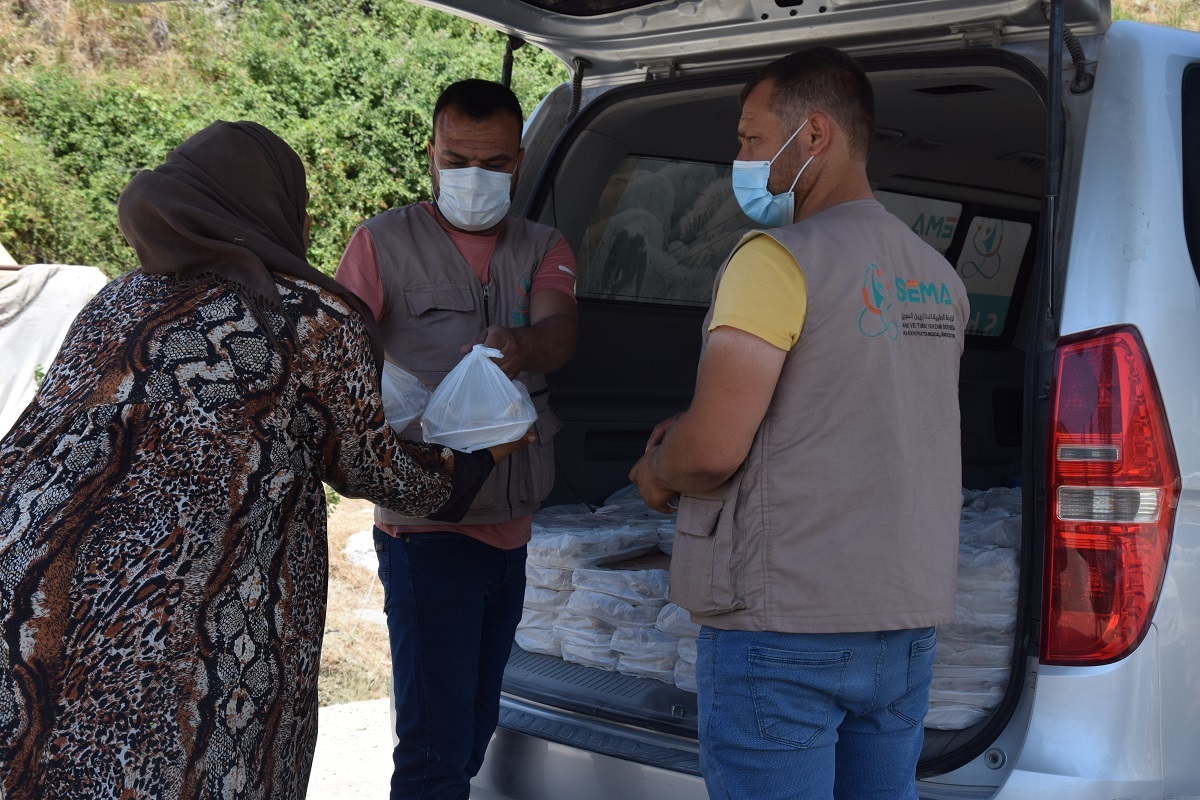
FAQ
What to do before giving Qurbani?
Before giving Qurbani, ensure that you can and have selected a reputable vendor or organization to perform the sacrifice on your behalf.
What are the instructions for Qurbani?
The instructions for Qurbani may vary depending on the animal being sacrificed and your region’s specific rules and regulations.
What do you say before Qurbani?
Before performing Qurbani, it is recommended to recite the Takbir: “Allahu akbar, Allahu akbar, la ilaha illa Allah, Allahu akbar, Allahu akbar, wa lillahi al-hamd.”
This means “Allah is the greatest, Allah is the greatest, there is no deity, but Allah, Allah is the greatest, Allah is the greatest, and to Allah belongs all praise.”
Can I do Qurbani for myself?
Yes, you can perform Qurbani for yourself if you meet the necessary criteria and have selected an animal that meets the conditions required.
Before performing Qurbani, it is recommended to recite the Takbir: “Allahu akbar, Allahu akbar, la ilaha illa Allah, Allahu akbar, Allahu akbar, wa lillahi al-hamd.”
This means “Allah is the greatest, Allah is the greatest, there is no deity, but Allah, Allah is the greatest, Allah is the greatest, and to Allah belongs all praise.”
What are the conditions for Qurbani?
The conditions for Qurbani include the following:
-Their horns cannot be broken.
-They must have at least half their teeth.
-They cannot have lost a third or more of their ears or tails.
-They cannot be blind or have lost a third or more of their sight

